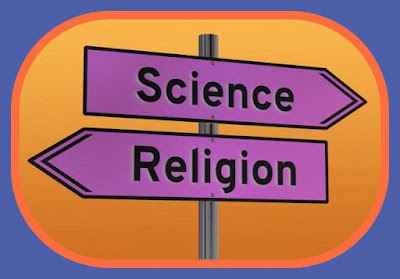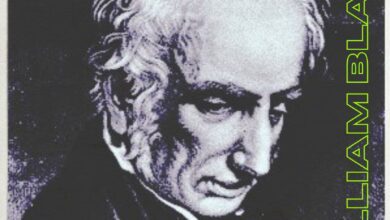The Conflict between Science and Religion in the later half of the 19th century of the Victorian period
England produced peculiar characteristics during Queen Victoria’s reign, some of which were very contradictory. In the latter half of the nineteenth century, while England absorbed the essential features of the Industrial Revolution at home, she founded herself as the world’s greatest colonizing country, owing to her unmatched dominance in overseas trade. Again, somewhat paradoxically, under the influence of the Enlightenment’s liberal humanist philosophy, the buzzword of the day became ‘progress.’
British culture’s smooth exterior concealed an eventual ferment of religious and scientific ideas. A few decades earlier, Erasmus Darwin, a poet-naturalist who happened to be Charles Darwin’s grandfather, nearly stunned Englishmen when he argued against the idea of the Scale of Being or Ladder of Existence, a concept derived from Genesis, in favor of the spontaneous origin of life in minute forms in the ocean. A few years later, Lamarck published his hypothesis that altered desires caused by environmental changes result in altered habits, resulting in the creation of new organs and the alteration or extinction of existing ones.
Read more Chaucer art of characterization in prologue to the canterbury tales
Ironically, opposition to research came from a scientist. Cuvier, a devout Catholic and creationist, was an opponent of transmutation. He inherited and expanded upon the “Theory of Catastrophe” or doctrine discontinuity, which is the doctrine of cataclysmic shifts in earth’s history necessitating supernatural intervention. Sir Charles Lyell successfully argued against the doctrine of discontinuity and, by extension, against unique existence. Interestingly, when Charles Darwin embarked on the ‘Beagle,’ he brought along and extensively read Lyell’s book. While Darwin was on his voyage, England was experiencing the heat of domestic religious controversies.
The nineteenth-century inherited the 18th century’s system of big families with a healthy dose of Puritanism in its ethical values. The Queen had set a precedent for her court by enforcing a more stringent code. To powerful figures of the period, such as Gladstone, Shaftsbury, and General Gordon, life was devoted to God’s service. Ironically, those with older religious views and ideas were being relentlessly mocked by agnostics such as Carlyle and Matthew Arnold, who had been puritan in outlook and sentiment.
Puritan attitudes toward life were instilled not only by the Bible religion practiced by the majority of Victorians but also by the Anglo-Catholic religion that emerged from the Oxford Movement of the 1930s. English religion had a commanding influence among the populace in the mid-nineteenth century. Still, it stood on precarious ground as the rapid advancement of scientific knowledge cast doubt on the very basis of those religious ideas.
Even before The Origin of the Species was published, Herbert Spencer made a concerted effort to spread the theory of evolution, although on a speculative basis. In 1859, Darwin published the seminal volume The Origin of Species, in which he refuted the Lamarckian theory of “necessary progression.” Above all, Darwin rejected the Bible’s story of creation, as told in ‘Genesis,’ and advanced his theory that human beings evolved and survived as a result of the “Struggle for Existence.”
The older generation came out in force to defend biblical positions. However, the younger generation stepped forward to protect and advance the novel ideas advanced by these men. The young men were not afraid to challenge religious concepts, even though it meant insulting the church. Thus, religious scandals raged in the 1960s, 1970s, and 1980s.
See more Discuss the evolution of english poetry from Sir Thomas Wyatt to Edmund Spenser
The Victorians witnessed phenomenal advancements in the formulation of new scientific laws and the practical application of science. The latter assisted in transforming the material basis of life and thereby influenced the development of the human mind in subtle and imperceptible ways of thought. Individualists interpreted Darwin’s principle of “struggle for existence” and “survival of the fittest” as sanctioning the capitalistic society’s fierce and brutal competitive basis.
Nonscientific philosophers tended toward different varieties of agnosticism, ranging from cynical doubt to full atheism. It occasionally resulted in the exaltation of man, as in Swinburne’s Hymn to Man, or in the denial of God, as in Atlanta in Calydon. On a broad scale, there was widespread acceptance of the rule of law over all spheres of human life, which is essential for orderly development. Scientific skepticism aided in discrediting the different forms of Utopian socialism proposed by Owen, Sainte-Simon, and others as the unavoidable solution to an individualistic society.
Karl Marx made the most far-reaching application of scientific thought to human life as his understanding of the historical evolution of human civilization evolved into the most serious challenge to individualism theory.






